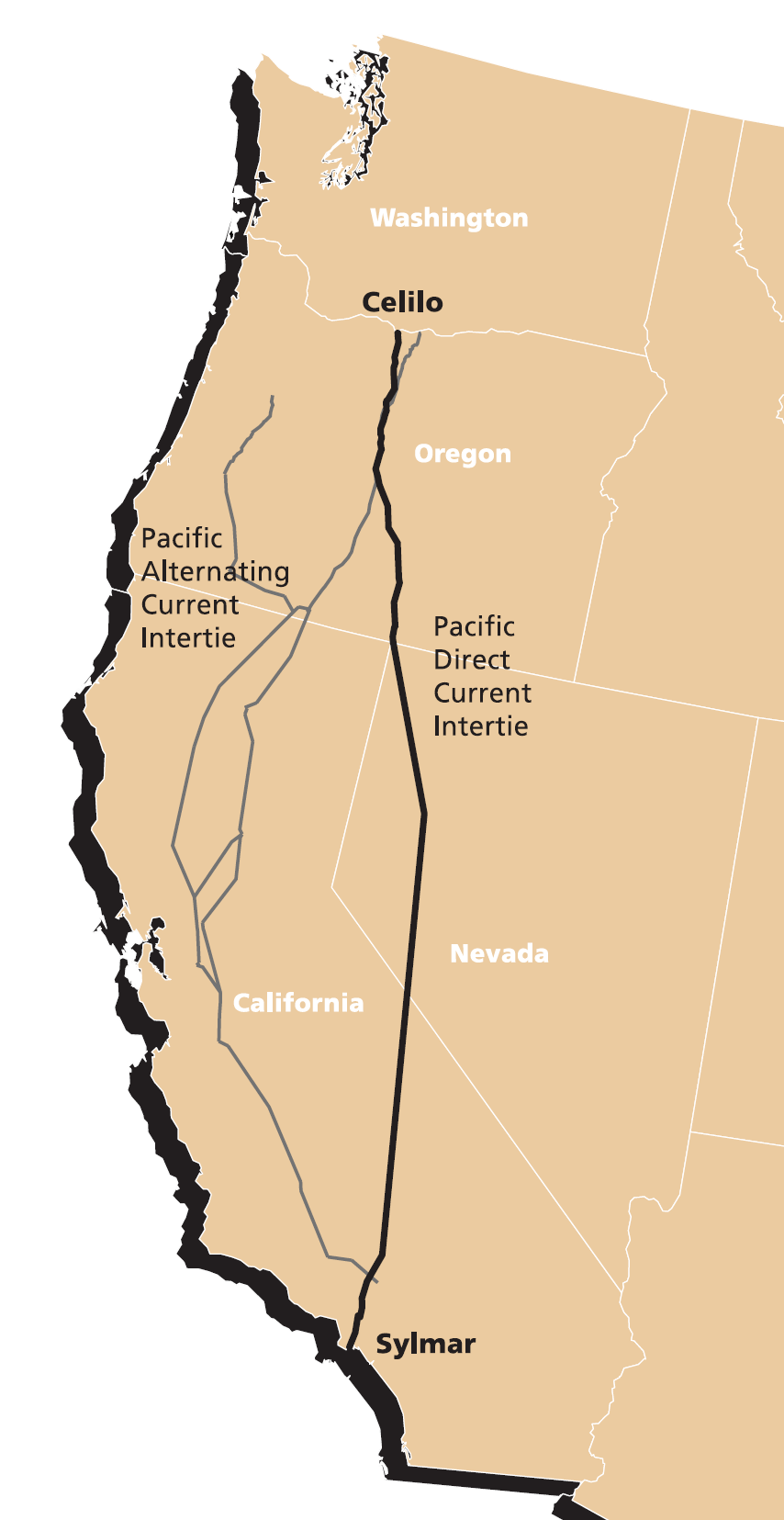400bird
Solar Wizard
How did you arrive 3.6 kW of panels and 10 kWh of storage? Have you done a power audit or something similar to see if the power this system will provide is inadequate, overkill, or even close?
I haven't. I do plan to get a better idea of the draws this camper may see using a kwh meter and a clamp on meter, but I have not done it yet.How did you arrive 3.6 kW of panels and 10 kWh of storage? Have you done a power audit or something similar to see if the power this system will provide is inadequate, overkill, or even close?
I haven't. I do plan to get a better idea of the draws this camper may see using a kwh meter and a clamp on meter, but I have not done it yet.
Something else I should add. It does appear that the county where this will be located does offer a net metering service. This I assume would mean that I would have to go through the proper permit procedures which I prefer to avoid, but I guess I can manage. However, I would guess this property will only be used 1/4 of the year at most. The other days it will be sitting idle and drawing very little power. IF I went the net metering route, I assume I could benefit from those days that there is little power draw and energy is being pumped into the grid on my behalf. I am more or less thinking aloud on this forum. Sorry for the ramble and uncertainty of which direction I want to go.
Most net metering plans limit your gain to useage... minus fees that happen the entire time you are on the grid.Something else I should add. It does appear that the county where this will be located does offer a net metering service. This I assume would mean that I would have to go through the proper permit procedures which I prefer to avoid, but I guess I can manage. However, I would guess this property will only be used 1/4 of the year at most. The other days it will be sitting idle and drawing very little power. IF I went the net metering route, I assume I could benefit from those days that there is little power draw and energy is being pumped into the grid on my behalf. I am more or less thinking aloud on this forum. Sorry for the ramble and uncertainty of which direction I want to go.
is so far removed from your original question...So, at this point I am trying to figure out what it would take to make my parents camper completely self sufficient and off the grid. They have a 2800 watt generator
coupled with the fact that the subject is "considering-diy-long-distance-from-panels"I have a house that sits about 400-500 feet from an open 1 acre field. I live in area where (as far as I can tell) does not offer net metering services. I use approximately approximately 40kwh - 50kwh per day...
2 or 3 105Ah 48v DIY LIFEPO4 Battery Packs.

I could go in and yank all posts not relevant to the OP...IMHO... what you are asking about now...
is so far removed from your original question...
coupled with the fact that the subject is "considering-diy-long-distance-from-panels"
AND the thread is already 12 pages long thanks to "he-who-shall-never-be-mentioned-again"
That it would be far better to start a new thread to discuss the requirements of a camper van, as you have pondered. Just my 2p!

Sounds like a lot of work - I would have thought it would get more notice and easier to follow being a new thread with a new title - but that's just my 2p.. up to you though, you're the bossI could go in and yank all posts not relevant to the OP...
Absolutely not, for all the reasons @Hedges, myself and others have details in this thread - did you actually read it all before replying?In this case, it may be more appropriate to place the inverter near the solar panels, as this will minimize voltage losses.
Doesn’t look like he’s been back since November 15th.AND the thread is already 12 pages long thanks to "he-who-shall-never-be-mentioned-again"


